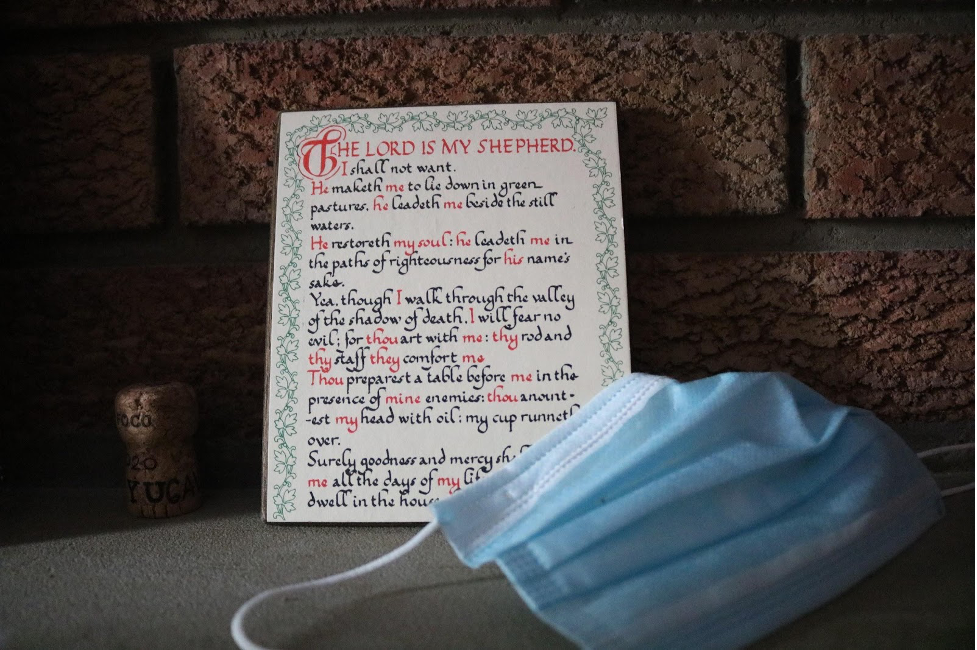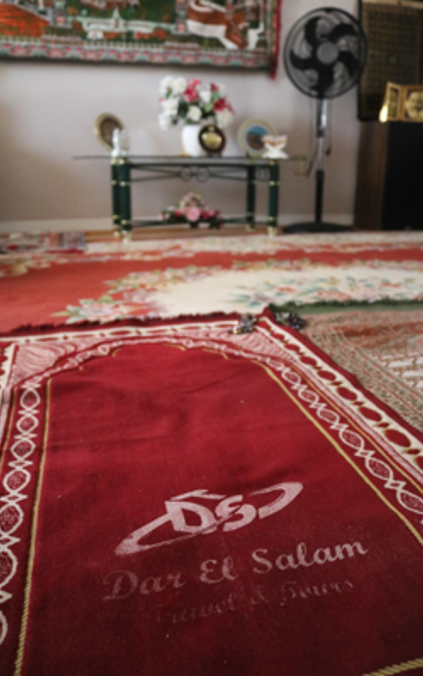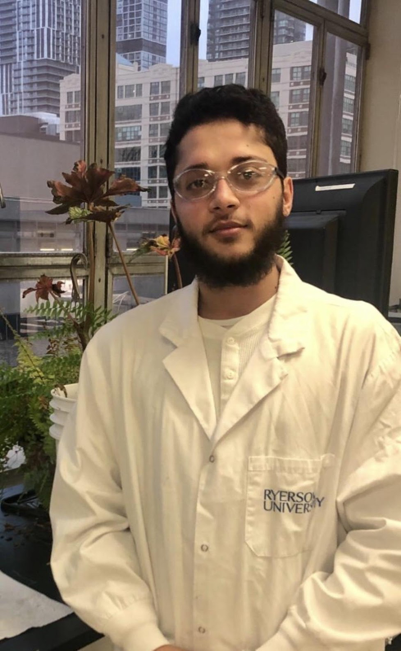With houses of worship closed, people of faith have faced unprecedented challenges

As the COVID-19 pandemic has either closed or put restrictions on houses of worship, religious communities have had to redefine the ways they worship and practise traditions. This has been especially difficult for those who have had to observe major religious holidays during this time.
In April, Christian communities celebrated Good Friday and Easter Sunday. The month of August marked the beginning of Eid celebrations for Muslims. In September, Jewish families observed both Rosh Hashanah and Yom Kippur. Even Thanksgiving, which isn’t strictly speaking a religious holiday but which has become a vehicle to bring religious communities together, had to be celebrated differently.
This year, people had to celebrate at home, away from family, friends and their religious communities. The impact of this separation has been felt heavily across religious communities.

“When we go to the mosque, we get to see family and friends that maybe we haven’t seen in a number of weeks or months,” said Yasmin Rahim, a Muslim first-year law student at the University of Toronto. “Eid gives us the opportunity to come together, to reconnect, to strengthen our faith together. This year we didn’t get to have that.”
Sarah Chew, a Christian and journalism graduate from Ryerson, says there are online church services every Sunday on Zoom. However, she added that despite people using Zoom to study the Bible, pray, and “grow in faith together,” the lockdown has still made this period difficult.
“The church is a family… we need each other to get through this life,” said Chew. “Living in community is actually essential for growth and maturity in faith.”
Rahim adds that people use religious holidays and events as a time to reconnect with their faith. “Because there weren’t any services or ceremonies this year, there are a lot of people who just simply didn’t observe anything,” said Rahim.
To help combat the isolation and keep up community engagement, many groups offer their congregants online lectures and spaces for virtual worship.
“It’s important for us to stay connected, even while apart,” said Rahim. “Faith is important when it’s shared. When we don’t have the opportunity to share it, religion becomes quite lonely.”
However, holidays are not the only time people look to religion for comfort or support. As moments of celebration and sadness surfaced during the pandemic, religious communities were nevertheless forced to keep up with restrictions.
“It was the anniversary of my grandmother’s death a few months ago,” said Kira Nguyen, a fourth-year creative industries student at Ryerson, who was raised in a Buddhist-Vietnamese household.

“We normally have a small ceremony at home, visit her grave, clean it up and go to a temple service to pray. This year, we didn’t.”
Michelle Syonov, a Jewish 2020 biomedical science graduate from Ryerson, says her family was planning on visiting her grandparents over the summer in Israel, but couldn’t because of COVID-19. Her grandfather died this fall.
“Now we can’t even come together as a family,” said Syonov, adding her family would traditionally sit shiva when a close family member passes. “It’s where you are at home in mourning, and friends and family can come by and offer support. My mom had to go through it alone, isolated. That was hard.”
While not a religious occasion, Ryerson Frosh was amongst the many events forced into virtual existence. This has proven difficult for religious groups at Ryerson who normally use this time to connect with new students.
“Eid is a family affair. There aren’t really any events at the school. But Frosh is when we can meet new Muslim brothers and sisters, and welcome them into our group,” said Yusuf Khan, a third-year business management student and vice-president of external affairs for the Ryerson Muslim Students’ Association (RMSA).
Due to COVID-19, the welcome dinner and religious lectures the RMSA usually holds were offered as Zoom chats. The association says the restrictions have also affected the way religious students connect in their daily life on campus.

“This year we have relied a lot on social media to reach out to first-years,” said Mohammed Mall, a fourth-year biology student and also vice-president of external affairs for the RMSA. “We have also held a (socially-distanced) get together at the Quad, so that people could meet each other safely.”
The group added, because people are stuck at home, there has been an increase in engagement.
“It’s easier for people to come to virtual events and lectures, especially when they have nothing else planned,” said Mall. “We are staying hopeful, moving forward, and leaving everything up to God. These are all new opportunities to find new solutions.”
Others see the pandemic’s effect on their faith with a sense of optimism.
Lauren Davis, a 2020 journalism graduate from Ryerson and Christian Seventh Day Adventist, says people in her church have really come together to keep joy and faith alive during these difficult times. Virtual services were held via Zoom or YouTube live. Davis adds she attended virtual youth Bible studies and stayed in contact with church members using social media.
“COVID-19 has allowed me to grow deeper in my faith because it has flipped my world upside down,” said Davis. “It really opened my eyes to all the things… that I might not have addressed if I wasn’t forced to slow down. I’m learning to be less selfish, more kind, more loving and humble. I know I wouldn’t be making these changes if my faith hadn’t grown.”
Rahim offers a similar view. “We will always remain close to God. Now we’re just that much more aware of how important community is, and how critical it is that we continue to learn in our faith and love each other.”
